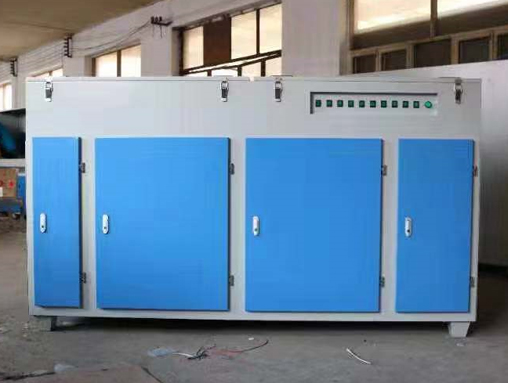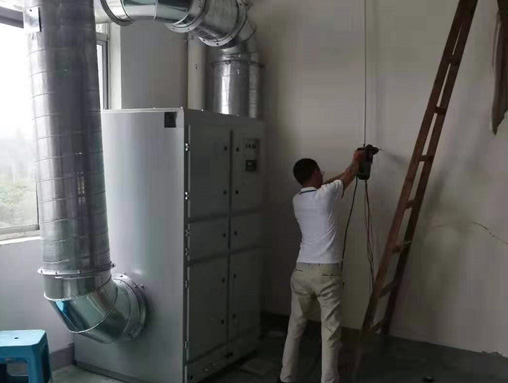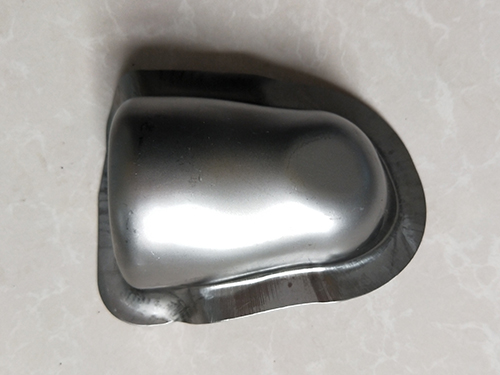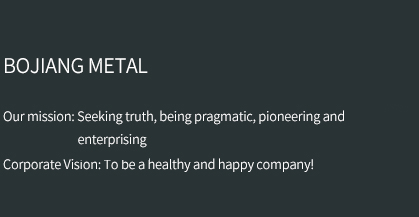Development characteristics of automotive stamping parts mold enterprises and ma
(1) Mold is considered as the basic process equipment for industrial production, and the development of the mold industry is required to adapt to the pillar industries of the national economy such as machinery, electronics, automobiles, petrochemicals, and construction. The development of China's mold industry has gone through more than half a century since its inception. The mold processing industry has become increasingly mature, with constantly improving technological levels. The number and quality of mold enterprises have been increasing year by year, and their influence and competitiveness on the world stage have also been expanding year by year. With the institutional reform of the mold industry and the adoption of new technologies, China's mold production has made great progress. According to data, in 2015, the annual sales volume of China's die-casting mold industry reached about 174 billion yuan, of which the export of die-casting molds accounted for about% of the total sales volume. The automotive, home appliance, motorcycle and other industries are the market for molds in China, accounting for over 80% of the entire mold market share. Chinese molds are increasingly receiving attention and importance from countries around the world. The rapid development of the manufacturing industry essentially represents the high-speed progress of an industrialization process and the rising stage of comprehensive national strength. The development of the manufacturing industry is a preparation for entering the advanced stage; The development of human resources is an inevitable result of the highly developed manufacturing industry. (2) With the introduction of new models, the replacement of old models, and the continuous expansion of the production scale of whole vehicles and components, automotive stamping parts; The demand is also constantly increasing. Around obtaining new supply channels, both world stamping parts manufacturers with technology and domestic manufacturers with cost competitiveness are accelerating the construction of stamping parts production systems in their respective businesses. Due to the development and significant technological progress of domestic stamping parts molds, coupled with the low cost of stamping parts molds in China, many stamping parts of some joint venture cars have shifted from the past to domestic procurement in recent years. (3) In recent years, the development of industry has continuously shifted the production of middle and low-end molds to developing countries, including China, and has also increasingly purchased molds from these countries to reduce their automotive production costs. Nevertheless, it should be soberly recognized that the industrially developed automotive mold industry still maintains its core competitiveness and has obvious advantages in the design and manufacturing technology of large, complex molds, especially in the field of automotive mold technology. (4) The data volume of the entire car body is large, and the coordination workload of various components and parts often leads to repeated changes in the data. This is a normal phenomenon in the process, which is unconditionally accepted by the mold factory and must be implemented in the mold process. This causes mold changes, involving mold planning changes, design changes, manufacturing changes, etc. But automobile manufacturers generally do not change the construction period and require mold factories to meet quality requirements for the construction period, which puts strict demands on mold factories. With the improvement of China's automobile manufacturing level, the requirements for overall vehicle quality are also increasing. For mold factories, the requirements for part size tolerances, surface quality, material utilization, mold structure complexity, mold automation level, and mold life are getting closer and closer to the level. (5) In recent years, some enterprises in China's automotive mold industry have not only developed their own production capacity, but also strengthened the cooperation, coordination, and collaboration among enterprises. The domestic automotive mold industry has reached a consensus on forming strategic alliances and jointly facing the market, and various forms of cooperation have already begun. After undertaking the task of whole vehicle molds, mold companies not only complete overall coordination and key molds themselves, but also entrust some molds to multiple companies for manufacturing according to the complexity, difficulty, division of labor, and capabilities and strengths of the enterprise. Due to the fact that this type of alliance between enterprises can enable them to complement each other's strengths, allocate resources reasonably, leverage group advantages, and achieve mutual benefit, win-win cooperation, and common development, cooperation, alliance, or partnership among automotive mold enterprises has become an important trend in the development of China's automotive mold industry.







